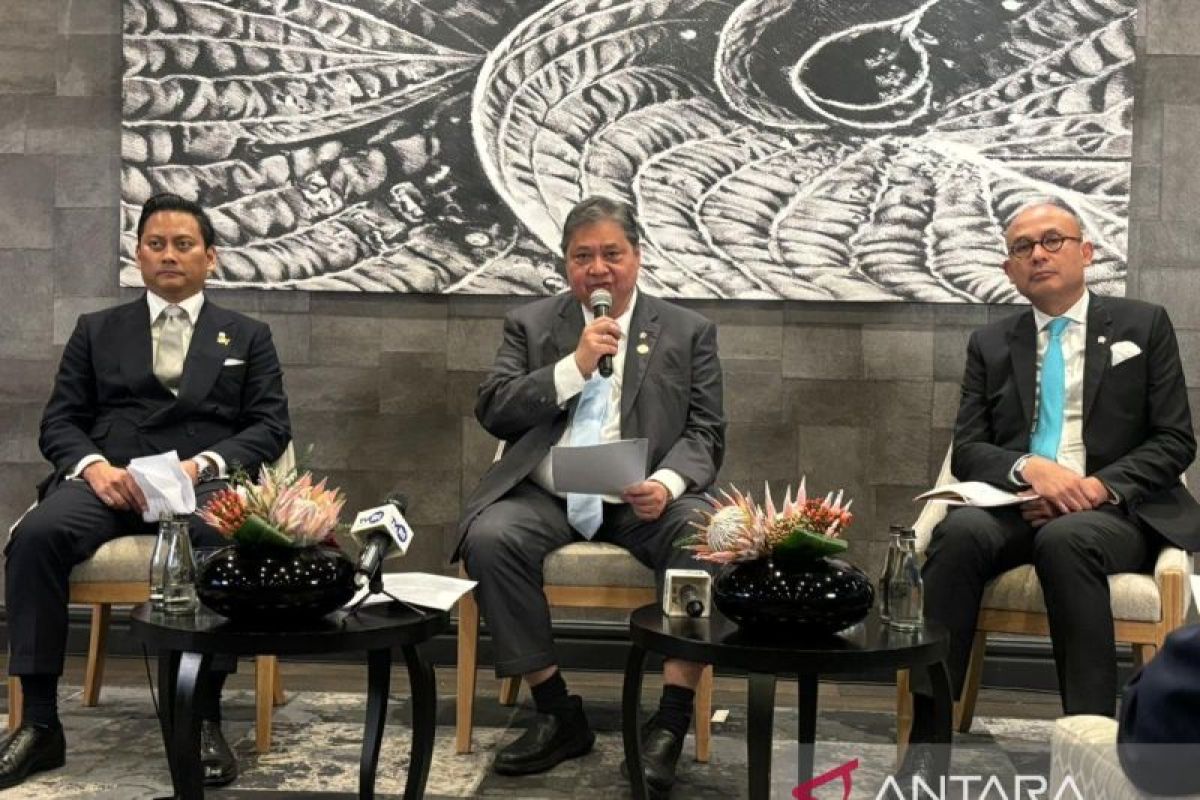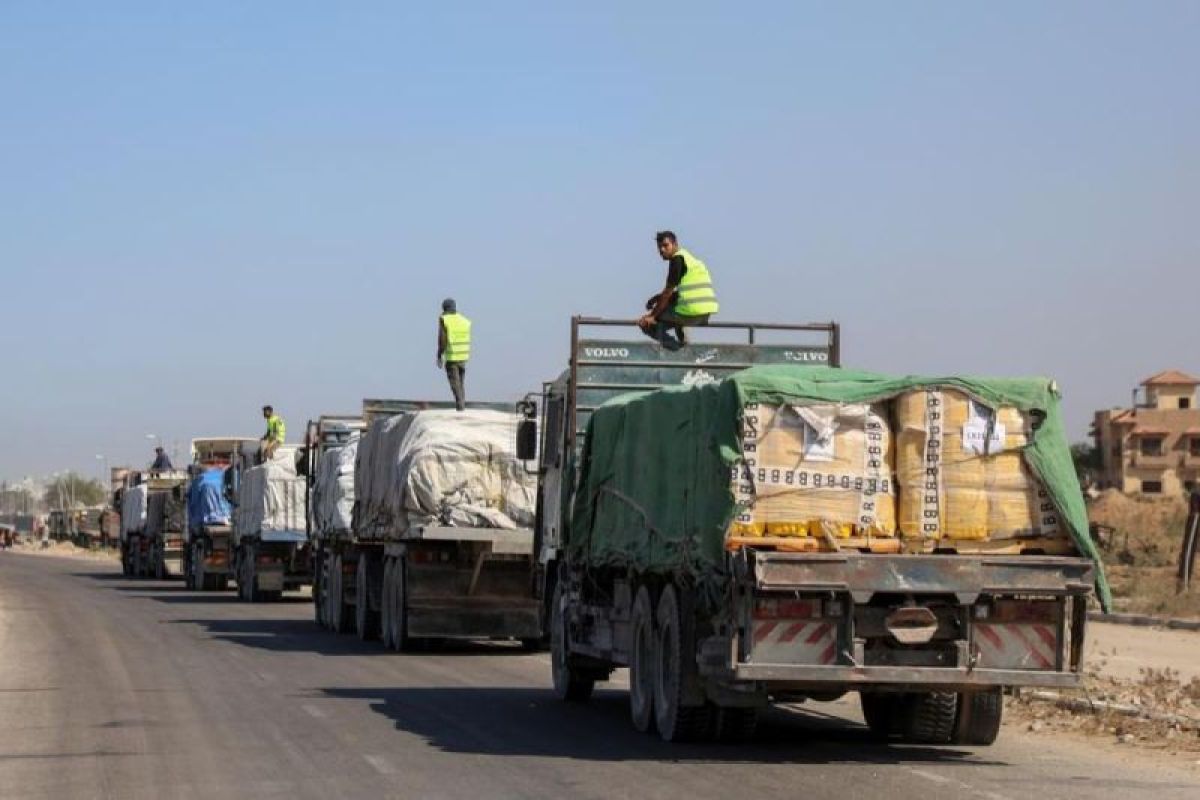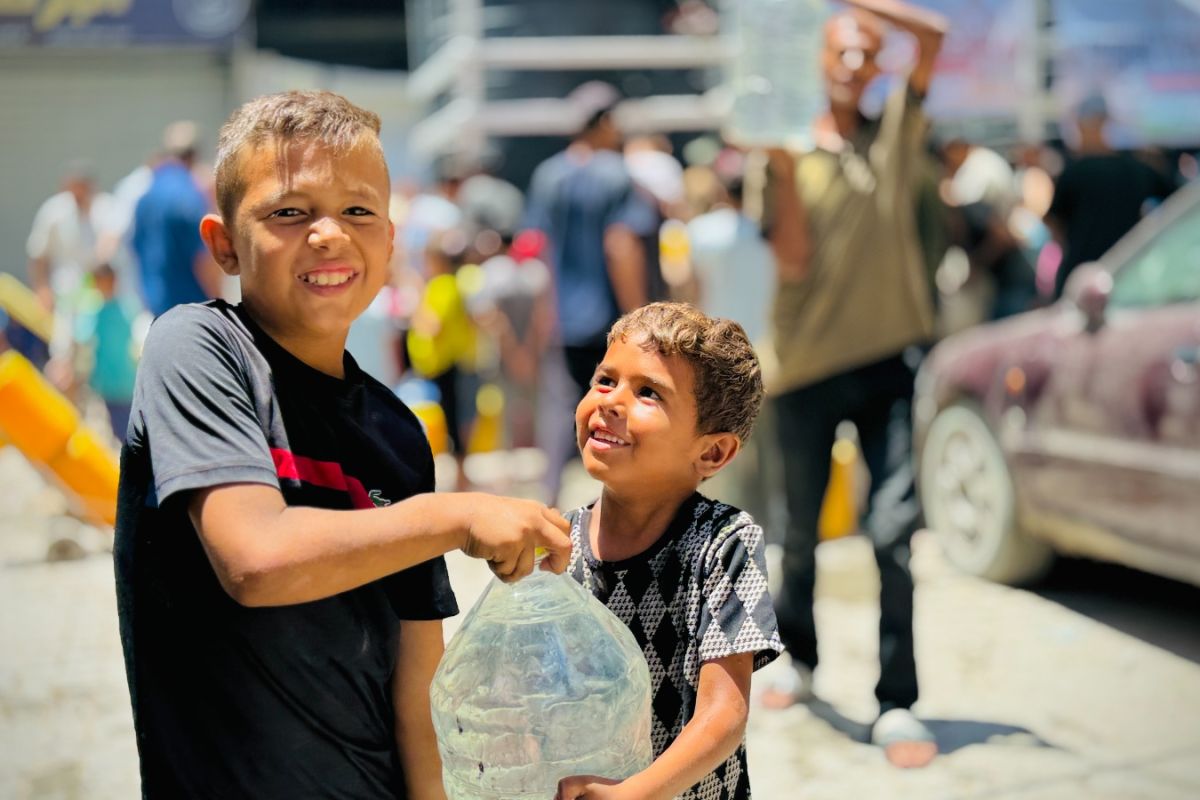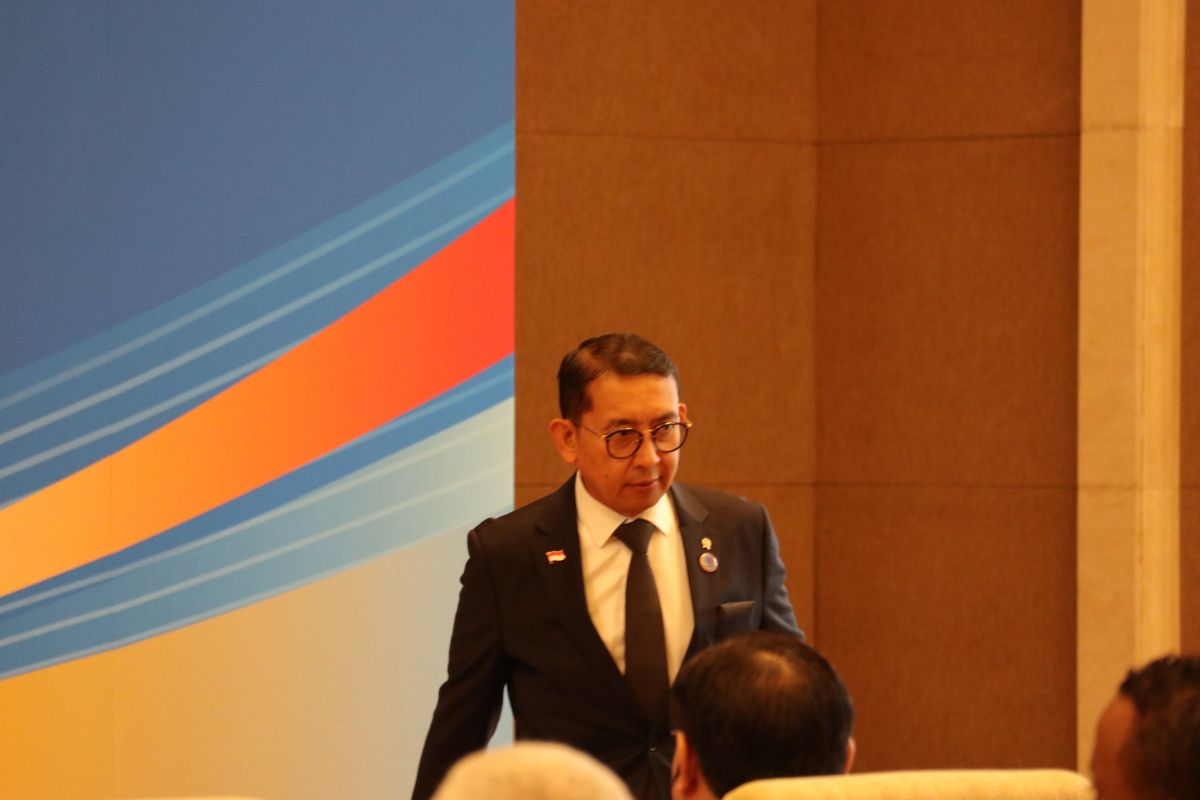United Nations — Global investments in energy exceeded USD 3 trillion in 2024, with at least USD 2 trillion being invested in clean energy technology and infrastructure. Infrastructure. Despite that progress, fossil fuel consumption continues to rise with little sign of slowing.
China led in energy transitions investments, accounting for 48 percent, followed by the United States (17 percent), Germany (5 percent), the United Kingdom (4 percent), and France (3 percent). These investments have opened the doors to green technologies like solar panels, electric vehicles, and battery storage, at an affordable rate. However, these advancements have been confined to high-income countries. Emerging markets and least developed countries (LDCs), excluding China, remain dependent on coal and fossil fuels to meet their energy needs.
The crossroads of the Asia-Pacific
The Asia and Pacific region has faced the greatest challenge in its transition away from fossil fuels towards renewable energy. In 2023, the Asia-Pacific region accounted for 47 percent of global energy demand, with China, India, Korea, Japan, and Indonesia making up most of this share.
Consider that China occupies a unique position in that it contributes to energy transition as the largest investor in clean energy, while also being the most coal-reliant nation as a major producer and consumer. In perspective, investment in clean energy per capita globally it is at 131 dollars, while Asia and the Pacific is at 115 dollars. However, when excluding China and other high-income countries, that number drops to just 18 dollars a person.
The gaps in investment come heavily from the ten LDCs in the region. Together, these nations account for 1.4 percent of global energy transition investments from 2020 to 2023. However, at COP29, these countries announced plans aimed at increasing their renewable energy capacity from 20 gigawatts (GW) in 2023 to 58 GW by 2030, a 290 percent jump. Meanwhile in South-east Asia, the energy demand is expected to grow to 25 percent between 2024 and 2035, and it is estimated that by 2050 their energy demand may overtake the European Union.
The coal paradox
In 2023, the United Nations Economic and Social Commission for Asia and the Pacific (ESCAP) reported that 81 percent of new renewable energy sources were offering cheaper alternatives to fossil fuels. Even with this margin of difference, coal continues to dominate the Asia-Pacific region without slowing down. In 2023, the Asia-Pacific region generated 45 percent of its energy from coal, which was more than any other region, using the most carbon intensive resource available. The region holds 79 percent of the world’s operating coal plants, generating 1.69 terawatts (TW) of the global 2.13 TW of coal powered energy.
To add to the coal fire, 96 percent of all planned coal capacity, or 553 GW out of 578 GW are solely in the Asia-Pacific. Of that percentage, China accounts for 53 percent of the current capacity, and 71 percent of the future capacity. India, Indonesia and Bangladesh make up the rest of the energy demand for coal. Coal is not just energy, it is money.
Three of the world’s top exporters of coal — Indonesia, Australia, and Mongolia — are in the Asia-Pacific. Indonesia is the largest exporter of coal globally, with China and India as its largest clients. Australia follows closely behind, exporting over USD 91 billion worth of coal during 2023 through 2024, and its coal mining industry employing 50,000 workers. In Mongolia, coal briquettes were their top export, amassing USD 8.43 billion in wealth.
Coal for these countries represents a vital economic tool, one which will make the transition ever more difficult.
Existing solutions
To turn around this deficit and make the world greener, we already have this technology. We have battery storage, nuclear power, low-carbon hydrogen, and even limited carbon capture technologies. The challenge is implementing these technologies and scaling them at a level which produces tangible results.
Without these shifts in investment and policy, the Asia-Pacific region risks global progress towards energy security, economic stability, and SDG compliance. Leaving many left behind, and in the stifling warm air.
To align with global net-zero carbon emission targets and SDG7, which calls for access to affordable and sustainable energy for all, the annual investment in energy must increase to between USD 2.2 and 2.4 trillion by 2030. At least 90 percent of this investment needs to be focused on clean energy.
A dangerous future
Despite the urgency of this matter, coal demand among ASEAN economies is projected to rise 5% annually, moving from 491 million metric tons in 2024 to 567 million metric tons by 2027.
This continued reliance on coal as a primary energy will only make energy diversification harder and more expensive. The time to change these outlooks is now, before diversification becomes too difficult. In consequence of these actions, some of the most polluted cities in the world, such as Delhi (India), Dhaka (Bangladesh), Lahore (Pakistan), and Hotan (China), have reported air pollution levels 10 to 20 times higher than what the World Health Organization (WHO) identifies as safe limits. Simply breathing air in these cities can pose a significant health risk, and yet millions do it.
The International Energy Agency Director Faith Birol warns: “Today’s energy world is moving fast, but there is a major risk of many countries around the world being left behind.”
An eye on the Asia-Pacific region
The Asia-Pacific region hosts two-thirds of the global population and account for 46 percent of the world’s GDP exists in the Asia-Pacific. This means that this region is crucial to achieving progress towards SDGs, and without their help, completion is near to impossible.
“Nowhere is this challenge – and opportunity – more urgent than in Asia and the Pacific,” said Armida Salsiah Alisjahbana, United Nations Under-Secretary-General and Executive Secretary of ESCAP. She added, “This is our chance to build a more resilient, equitable and sustainable economy for all. We aim to foster solutions that are regionally grounded, technically sound and financially viable. Unless Asia and the Pacific can lead boldly, the global transition will fall short of expectations.”
IPS UN Bureau Report









